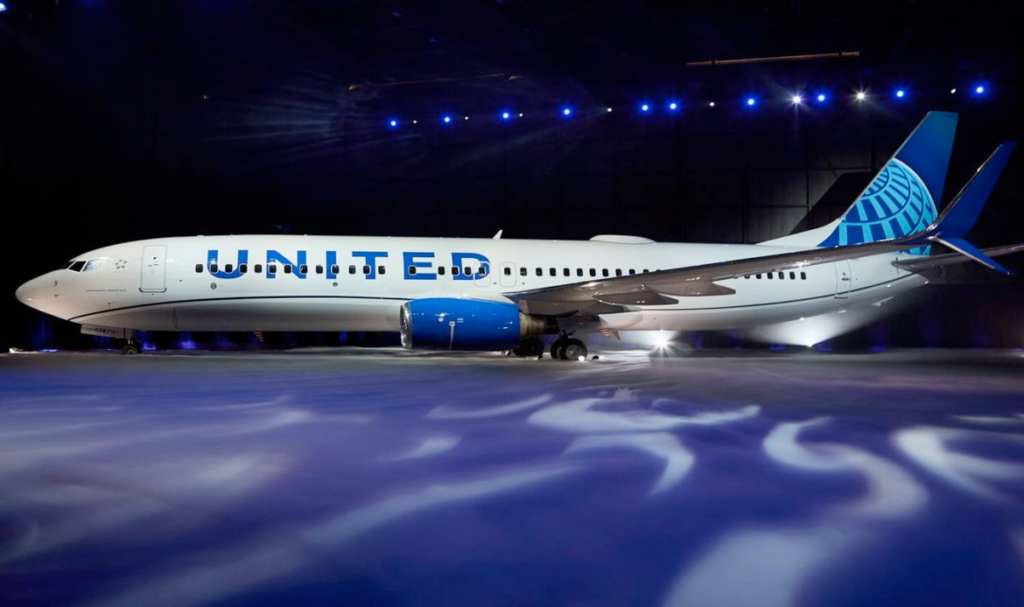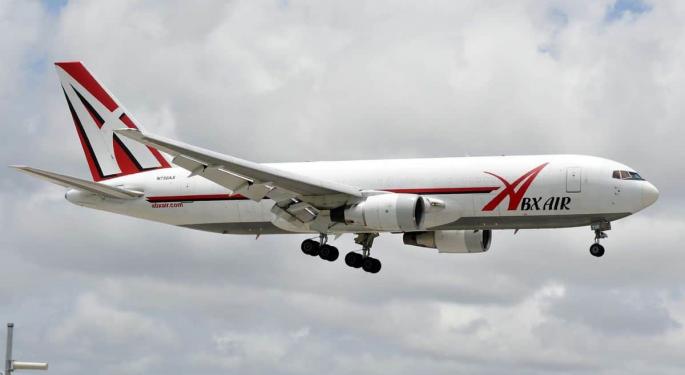QANTAS Group to Require Employees to be Vaccinated Against Covid-19
The Qantas Group will require all employees to be fully vaccinated against COVID-19 as part of the national carrier’s commitment to safety. Frontline employees – including cabin crew, pilots and airport workers – will need…


